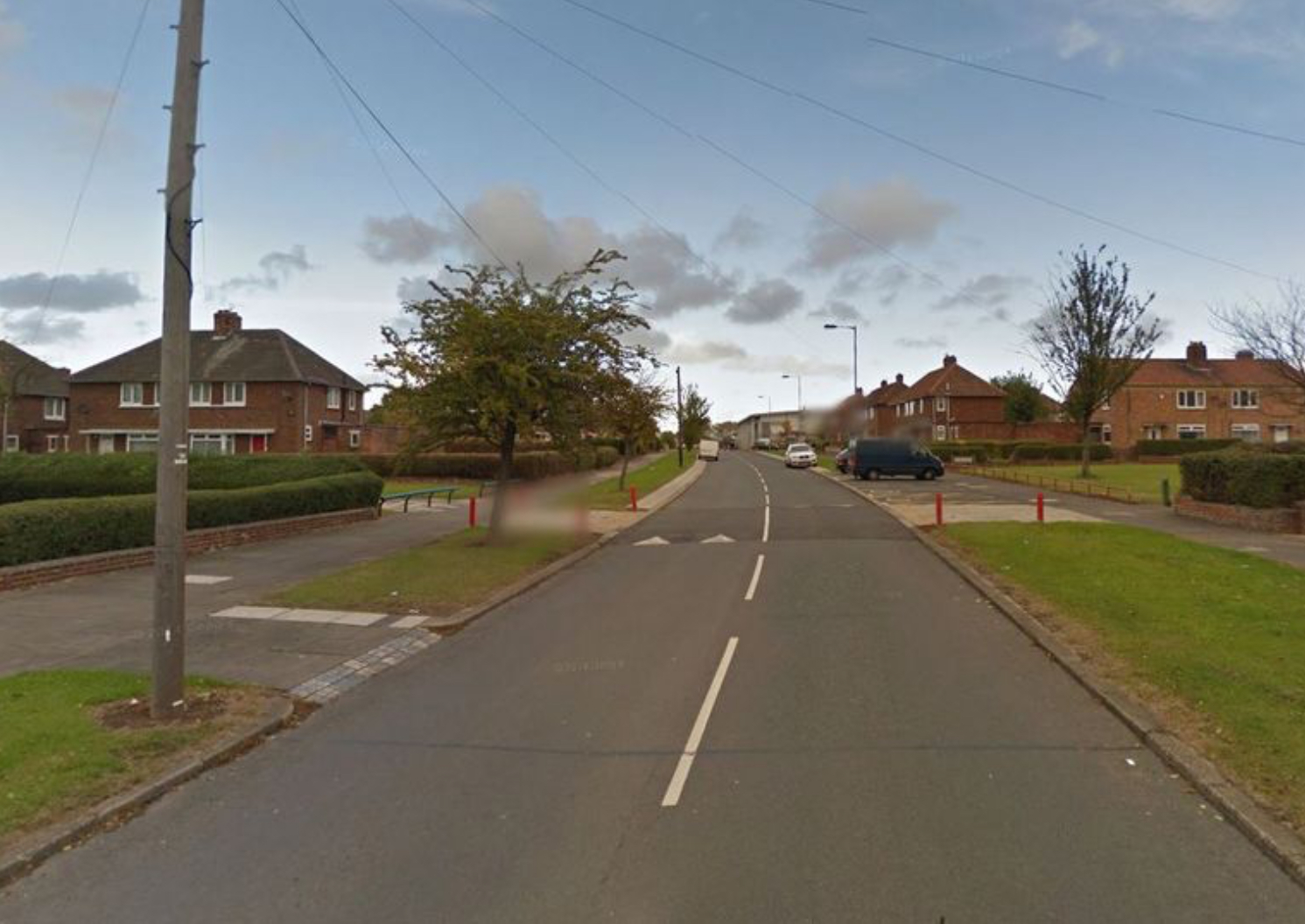
Cruelty Exposed: Berwick Hills Women Banned from Owning Animals After Neglecting Four Dogs
In a case that has shocked the local community and drawn condemnation from animal welfare advocates across Teesside, two women from Berwick Hills have been banned from owning animals for a decade after admitting to causing unnecessary suffering to four dogs in their care.
Diane Kenvyn, 43, and her daughter Ellissa Rose Kenvyn, 19, appeared before Teesside Magistrates’ Court on Friday, 3 October, where they were handed suspended prison sentences following a disturbing investigation led by the RSPCA.
Distressing Conditions Uncovered
The court heard that the offences took place between 28 October and 11 December of last year at the pair’s home on Crossfell Road, Middlesbrough. Prosecutors described the living conditions as “deeply concerning,” with all four dogs found in a “very poor state,” suffering from significant weight loss and untreated health issues.
The dogs—three malinois-type breeds named Beau, Covou, and Max, and a crossbreed named Rocco—were discovered in visibly emaciated condition. Veterinary assessments confirmed that the animals had endured prolonged neglect, with signs of malnutrition, untreated infections, and general physical deterioration.
Magistrates were told that the women had failed to investigate or address the causes of the dogs’ declining health, despite clear signs of distress and suffering. The RSPCA, which brought the charges under the Animal Welfare Act, described the case as one of “avoidable cruelty.”
Sentencing and Rehabilitation
Both Diane and Ellissa Rose Kenvyn pleaded guilty to four counts of causing unnecessary suffering to protected animals. The court imposed eight-week custodial sentences for each woman, suspended for 12 months. In addition, they were ordered to complete 100 hours of unpaid work and attend no fewer than 15 rehabilitation activity requirement (RAR) days.
The most significant outcome of the hearing was the imposition of a 10-year ban on owning, keeping, or caring for animals. Magistrates stated that the severity of the neglect warranted a long-term prohibition to prevent further harm.
“This was not a momentary lapse,” the presiding magistrate said. “It was a sustained failure to meet even the most basic standards of animal care. The suffering endured by these dogs was entirely preventable.”
Community Reaction and RSPCA Statement
The case has sparked outrage among residents of Berwick Hills and the wider Middlesbrough area. Local animal welfare groups have called for greater education and enforcement to prevent similar incidents.
An RSPCA spokesperson issued a statement following the sentencing:
“We welcome the court’s decision to impose a lengthy ban. These dogs were let down by the very people who were supposed to protect them. We hope this case serves as a reminder that neglect is a serious offence and will be pursued rigorously.”
The spokesperson also confirmed that all four dogs have since been rehomed and are recovering well under the care of foster families and veterinary professionals.
A Pattern of Neglect?
While no prior convictions were disclosed during the hearing, the RSPCA noted that the household had previously been flagged for welfare concerns. However, no formal action had been taken until the most recent investigation, which was prompted by a tip-off from a neighbour who noticed the dogs’ deteriorating condition.
The neighbour, who asked not to be named, said: “I could hear them crying. They looked thinner every week. I knew something wasn’t right.”
Legal Context and Animal Welfare Act
Under the Animal Welfare Act 2006, individuals responsible for animals must ensure their welfare needs are met, including proper nutrition, veterinary care, and a suitable living environment. Causing unnecessary suffering is a criminal offence and can result in fines, imprisonment, and bans from animal ownership.
Legal experts say the suspended sentences reflect the court’s recognition of the women’s guilty pleas and willingness to engage with rehabilitation. However, the 10-year ban underscores the seriousness of the offences.
Looking Ahead: Calls for Reform and Education
In the wake of the case, animal welfare organisations are renewing calls for improved public education around pet ownership and stronger enforcement of existing laws.
Teesside Animal Rescue issued a statement urging local councils to invest in outreach and support services:
“Neglect often stems from ignorance, not malice. But the consequences are the same. We need to ensure that people understand what responsible ownership means—and that help is available before things reach crisis point.”
The charity is also calling for a review of how complaints and welfare concerns are handled, suggesting that earlier intervention could have prevented the suffering endured by Beau, Covou, Max, and Rocco.
Final Thoughts
As the dust settles on this distressing case, the message from Teesside Magistrates’ Court is clear: animal cruelty will not be tolerated. Diane and Ellissa Rose Kenvyn now face a decade without pets, and the dogs they failed are finally receiving the care they deserve.
For the community of Berwick Hills, the hope is that this case will serve as a turning point—one that leads to greater awareness, compassion, and accountability in the treatment of animals.







